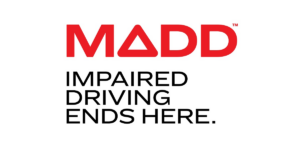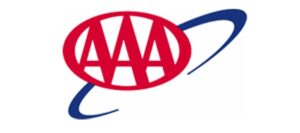As leading traffic safety organizations in the U.S., we are deeply disappointed by the U.S. Department of Transportation’s inadequate progress as identified in the National Highway Traffic Safety Administration’s (NHTSA) report to Congress outlining reasons the agency failed to meet the November 15, 2024 deadline to create an anti-drunk driving technology Federal Motor Vehicle Safety Standard (FMVSS).
After 16 years of bipartisan support and dedicated work from multiple presidential administrations, along with funding from both the public via NHTSA and the auto industry to develop this critical technology, it is disheartening that more progress has not been made. Despite it being three years since a federal law was passed requiring this technology in all new cars, and in the face of hundreds of thousands of deaths and injuries caused by drunk driving, it is heartbreaking that the promise of safer roads has not yet been fully realized.
Drunk driving remains the leading killer on U.S. roads. Every 78 seconds, someone is killed or injured by drunk driving, and the number of deaths caused by this preventable crime has increased 33% since 2019. We are experiencing a public health crisis on our roads.
Technology exists to stop this crime, yet the agency provided no timeline for completing the FMVSS. The NHTSA report acknowledged that the Driver Alcohol Detection System for Safety (DADSS) – a 16-year public-private partnership between NHTSA and the auto industry to develop anti-drunk driving technology – will be ready by the end of 2025. A DADSS-type system will save more than 10,000 lives every year when fully implemented, according to the Insurance Institute for Highway Safety. Other technologies must also be considered in the development of the FMVSS.
The technology to prevent drunk driving exists today, and Congress has directed NHTSA to lead the effort. NHTSA’s report, however, suggests the agency is waiting for automakers to voluntarily install the technology in new cars, which undermines the clear intent of the Congressional mandate. Meanwhile, automakers are waiting for NHTSA to provide the necessary leadership by issuing the FMVSS when companies could save lives now by equipping new vehicles with the technology. Saving lives is a nonpartisan issue, and every day this stalemate continues, 37 more lives are lost to this preventable crime.
We look forward to working with the new Administration and Congress to advance this lifesaving measure. As we continue to push for federal action, we also call on the auto industry to act now and implement anti-drunk driving technology. Thousands of lives are at stake.





Contact: Becky Iannotta, [email protected]


